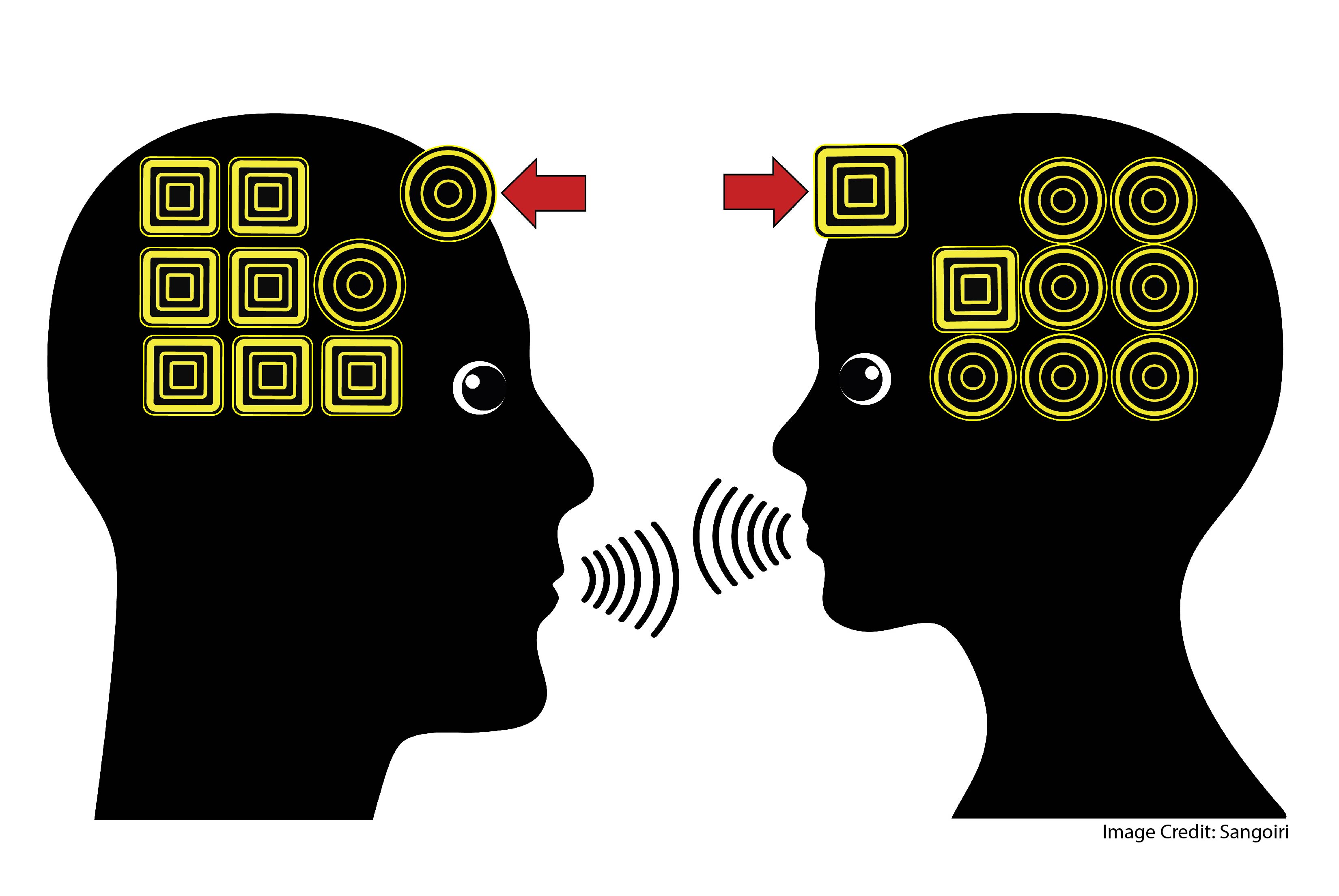Tags
ADHD adolescence attention autism book review boundary conditions classroom advice conference speakers constructivism/direct instruction creativity desirable difficulty development dual coding elementary school embodied cognition emotion evolution executive function exercise experts and novices gender high school homework intelligence long-term memory math methodology middle school mindfulness Mindset motivation neuromyths neuroscience online learning parents psychology reading retrieval practice self-control skepticism sleep STEM stress technology working memoryRecent Comments
- The Power Of Meta-Learning For College Students - The Techs Storm on Meta-Learning: The Importance of Thinking about Thinking
- How To Instill A Growth Mindset Early on Parent-Child Interactions: Forming Beliefs About Intelligence
- Incremental Steps with Growth Mindset |Education & Teacher Conferences on Growing Mindsets in Argentina?
- Comic Sans Font: The Most Popular Casual Typeface on Don’t Hate on Comic Sans; It Helps Dyslexic Readers (Asterisk)
- Grit Theory for Personal Development: Succeed with Tenacity on Grit: The Power of Passion and Perseverance by Angela Duckworth
ABOUT THE BLOG

Category Archives: L&B Blog

Problems in Science Communication, Part II: Too Little Skepticism
I spoke at this month’s Signs Summit in Chicago about problems in science communication. Here is…

Can a Quick Bicycle Ride Help You Learn Better?
Can exercise improve memory? That fascinating question has inspired a lot of research. The answer…

Your Brain Headlines of the Week
Every week generates lots of interesting research in brain-world. These headlines most grabbed my attention:

Problems in Science Communication, Part I: Too Much Skepticism
When teachers question guidance offered by outside research experts, we might be faulted for “too much skepticism.” Yet expertise is more useful and meaningful when provided by insiders. Effective science communication depends on researchers who know schools and classrooms through day-to-day experience. Continue reading

Don’t Miss This Handy Compilation of Research Summaries
Over at Teacherhead, Tom Sherrington has gathered more than a dozen summaries of teaching research….

Preschool for Parents: Surprising Long-Term Benefits
Head Start programs prepare young children — especially those from lower socio-economic cohorts — for success in school. Can these programs help more if extended by the parents? Continue reading

You Are a Learning Style of One
Many educational fads ask teachers to sort our students into false learning categories: by learning style, for example, or by gender. Instead, we should focus on cognitive processes — like memory and attention — that apply to all our students. As learners we can’t be categorized, but we’re more alike than different. Continue reading

Do Expert Teachers See More Meaningful Classrooms?
Why do chess experts win more chess matches than novices? This question has a perfectly…

How To Be A Critical Psychology Consumer
Teachers who want to shape our practice with research find ourselves taking on extra responsibilities….

Don’t Just Do This Thing; Think This Way
Do hard-to-read fonts improve learning? The answer is: that’s the wrong question. Instead, we should ask: how can we set the right level of difficulty as students learn material? And: are hard-to-read fonts a useful tool in getting to that level. Only the classroom teacher can answer those questions. Continue reading
